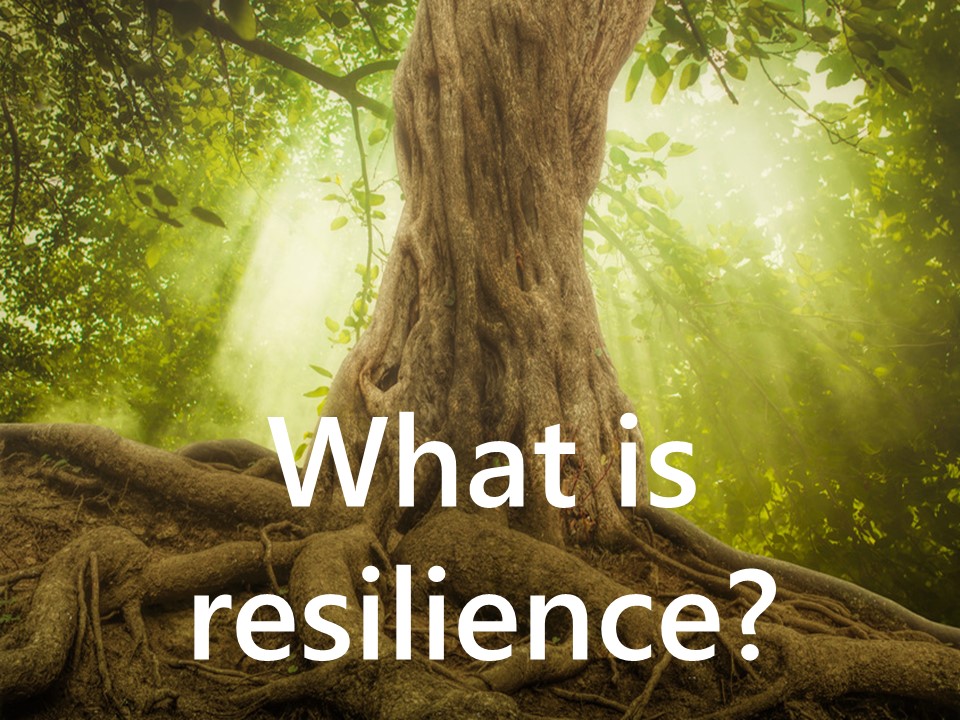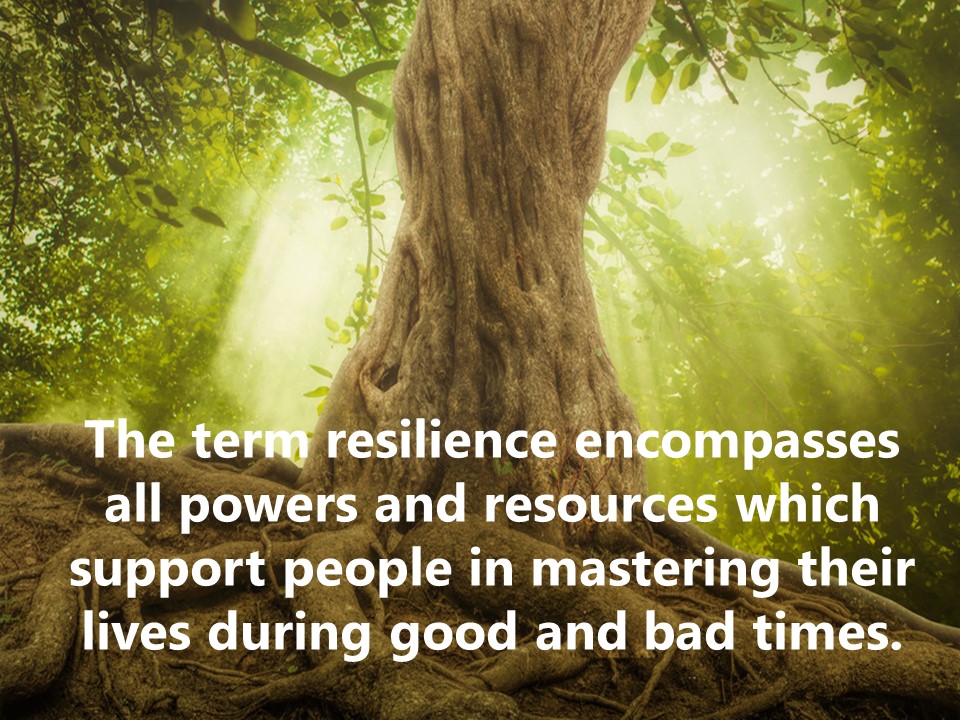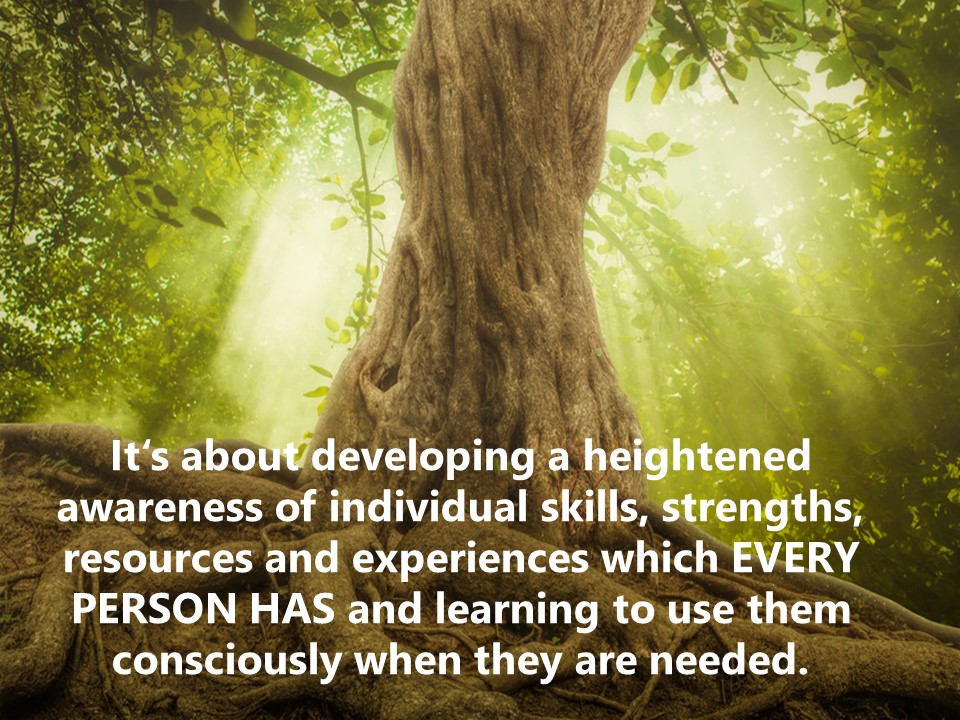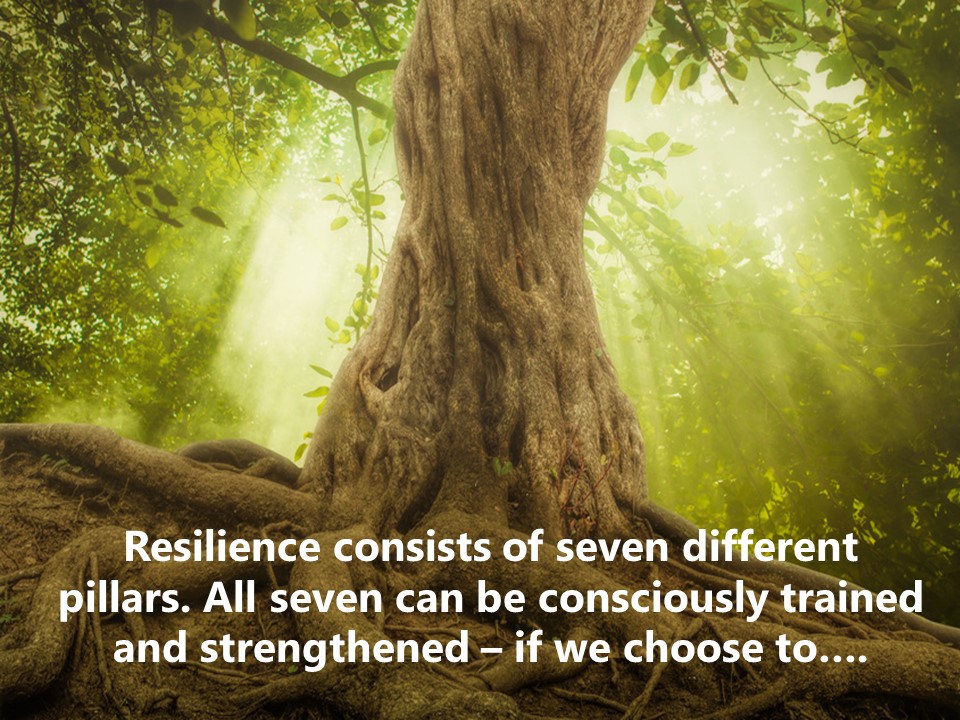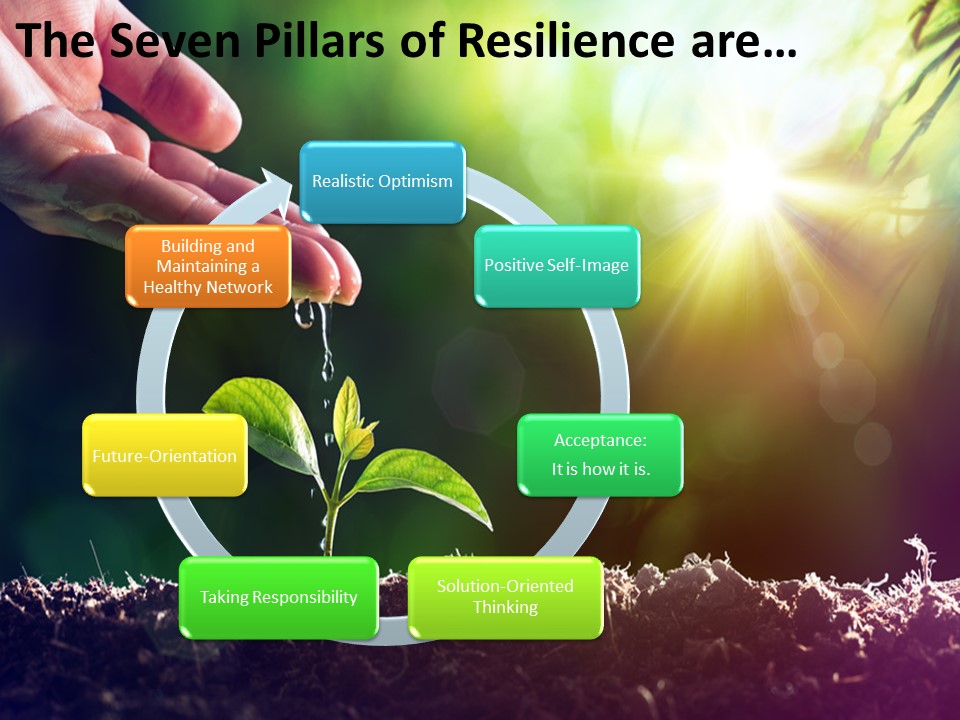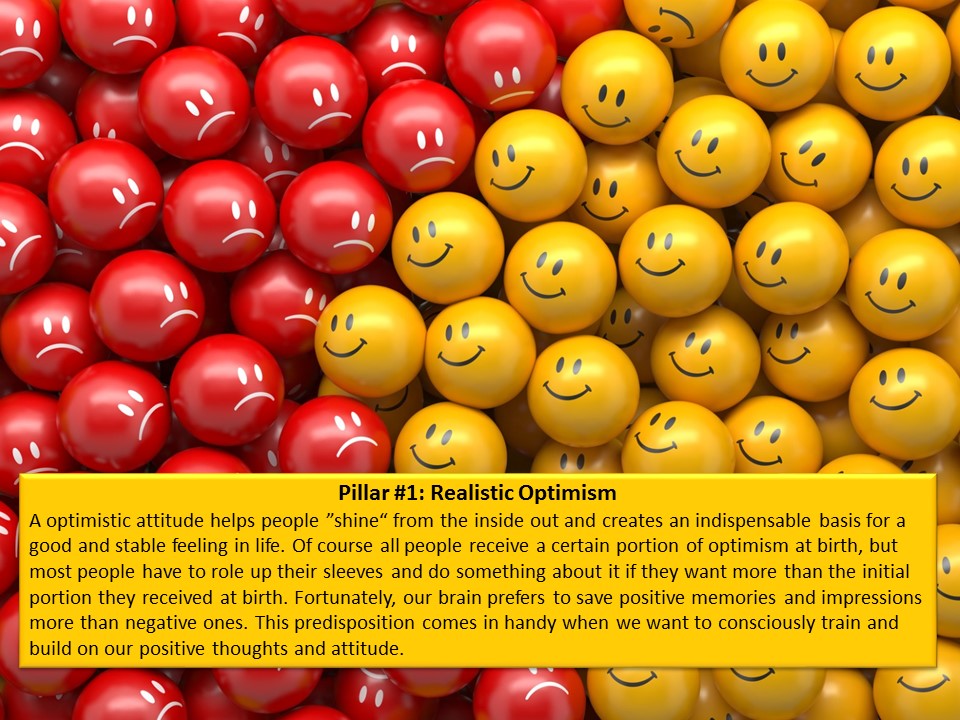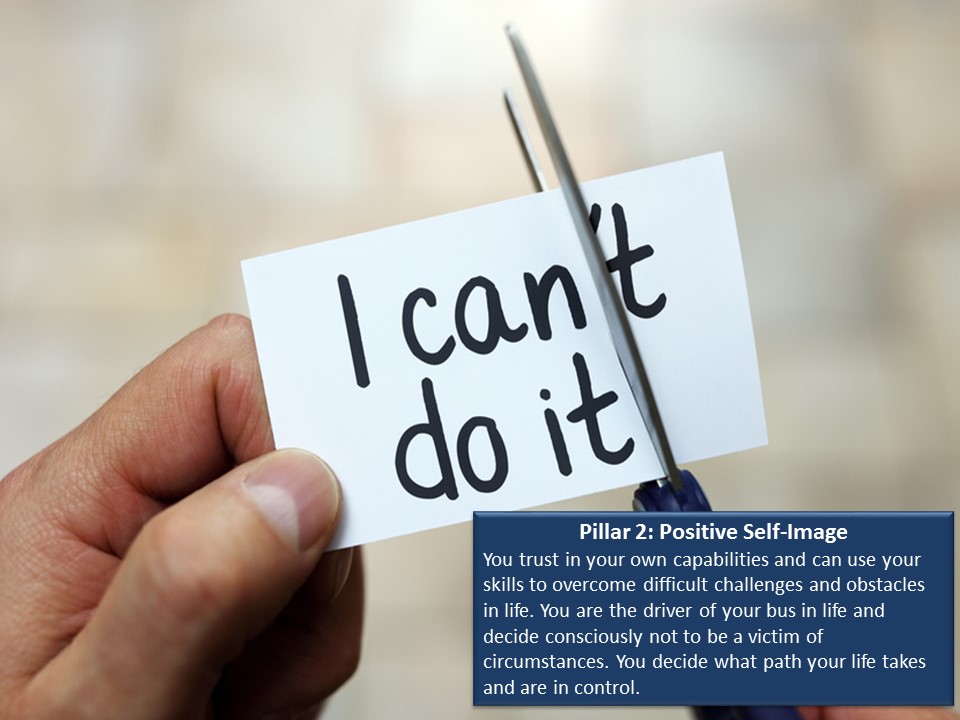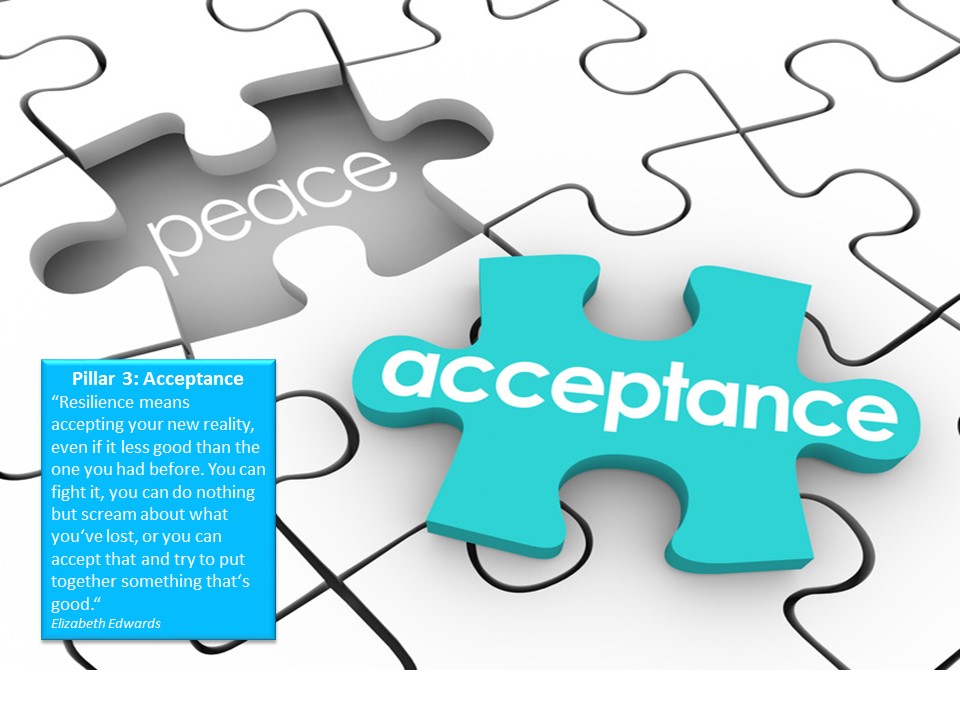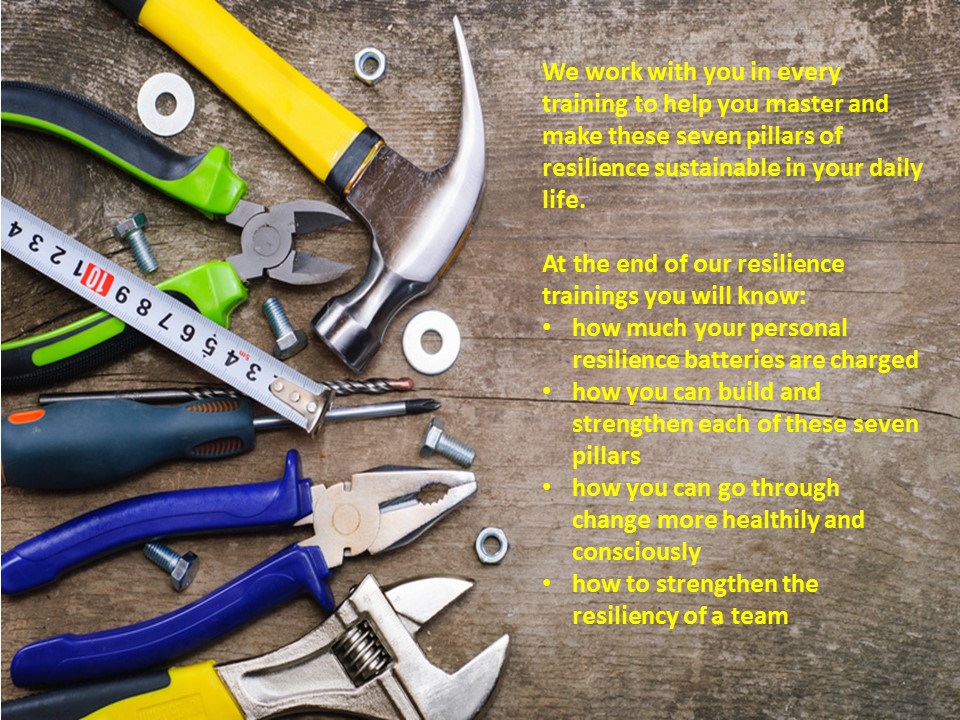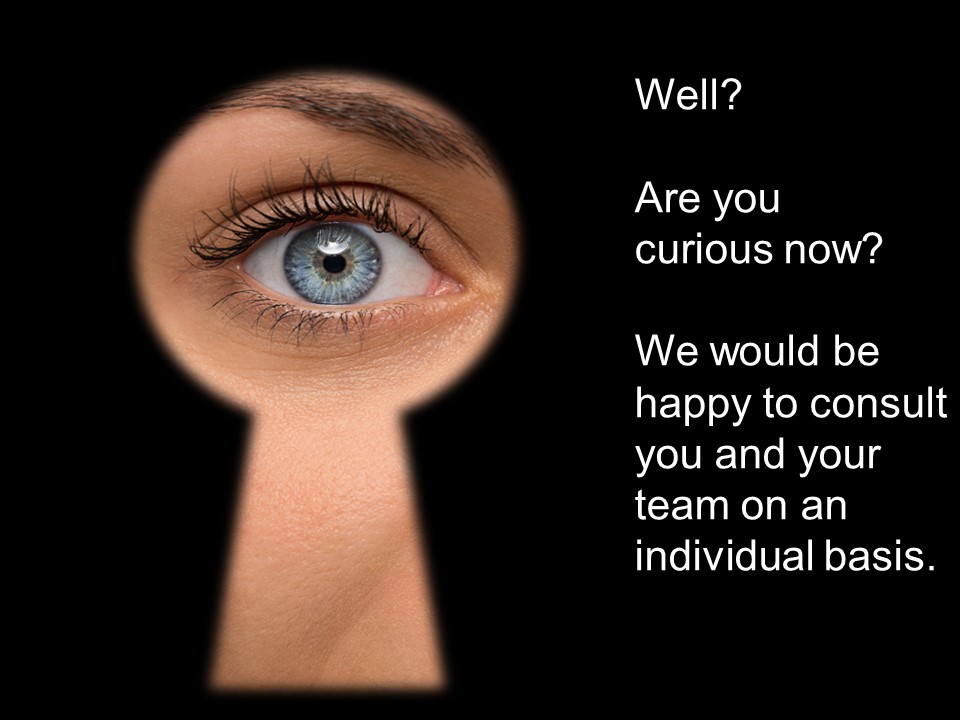Resilience
Personal resilience is crucial because it empowers individuals to navigate life’s challenges with adaptability and mental fortitude. In the face of adversity, resilience enables one to bounce back from setbacks, maintain emotional balance, and continue progressing toward goals. This trait fosters a proactive response to stressors, reducing the risk of chronic anxiety and depression.
Resilient people demonstrate higher levels of problem-solving skills, promoting effective decision-making even in turbulent times. They forge stronger relationships by exhibiting empathy and offering support to others. Additionally, resilience fuels personal growth, as it encourages individuals to embrace change, learn from failures, and cultivate a growth mindset.
In professional settings, resilience leads to increased productivity and innovation, enabling individuals to thrive in dynamic environments. Health-wise, resilience contributes to better stress management and overall well-being. By bolstering mental and emotional strength, personal resilience lays the foundation for a fulfilling and successful life, empowering individuals to harness challenges as opportunities for growth rather than obstacles to overcome.
Length:
1 – 2 days / Our resiliency training is two days. We do offer an abbreviated version of it if time is tight. In such cases, we will discuss what your goals are and choose 2-3 facets of resiliency which we can cover on that day.
Content:
Our comprehensive personal resilience training encompasses various aspects of mental and emotional wellbeing, equipping individuals with the skills and mindset to effectively cope with and thrive in the face of challenges. The training content includes:
- Understanding Resilience:
– Definition and importance of resilience.
– The science behind resilience and its benefits.
- Building Mental Toughness:
– Developing a growth mindset and reframing negative thoughts.
– Cognitive restructuring techniques to manage stress and adversity.
- Adaptability and Flexibility:
– Embracing change and uncertainty.
– Developing problem-solving and decision-making skills.
– Learning from failures and setbacks.
- Building Social Support
– Strengthening social connections and seeking help when needed.
– Creating a support network and fostering a sense of belonging.
- Goal Setting and Positive Visualization:
– Setting realistic and achievable goals.
– Visualizing success and developing a sense of purpose.
– Tracking progress and celebrating small victories.
- Coping Strategies:
– Developing a toolbox of coping mechanisms for different situations.
– Identifying personal strengths and using them to overcome challenges.
– Seeking professional help when facing overwhelming difficulties.
- Self-Care and Well-being Practices:
– The importance of self-care routines and activities.
– Developing self-compassion and practicing self-care without guilt.
– Strategies for maintaining wellbeing over the long term.
The training incorporates a combination of interactive & practical exercises, group discussions, and ongoing support to facilitate the development of personal resilience skills
These are the individual specialists for Resilience
Whitney Breer
Nicole Dargent
Ian Christie
Sabine Renner


